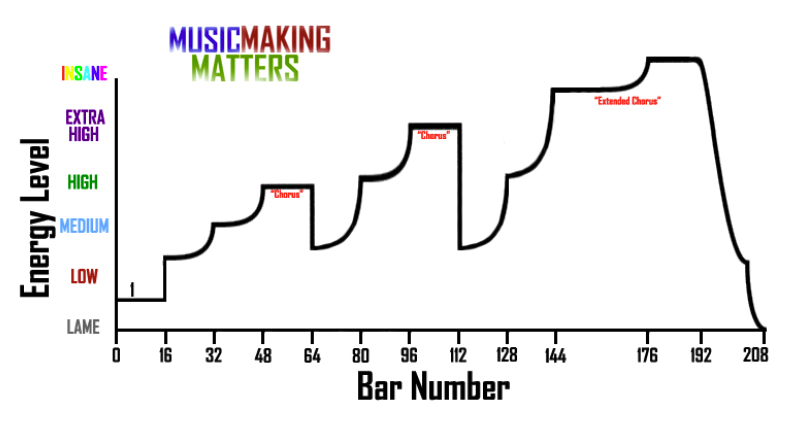Maybe in the past, you tried to write a song and it’s taken weeks — or YEARS — to get those lines just right, that melody tight, the story to rhyme; but also make sense. What if I told you that I cracked the code to write songs faster? For the past 4 years, I’ve taken up songwriting on a commission basis while working full-time. Every minute had to be utilized or I wouldn’t get enough sleep for the next day.
This is the formula I use to write songs faster and ensure I have a first draft ready at the end of every songwriting session:
Intention
First, start out with intention. What is it that you’re looking to accomplish with this song? An expressive diary song to share with your loved one? Your next artist project? Telling a story with a twist ending?
Your intention is the most important starting point because it will dictate your whole journey. Here are a few questions to ask yourself and suggestions on how to get started:
- When and where do I imagine having this song play?
- ex. I want a feel-good summer song to put behind advertisements. First, find yourself a great producer and singer because those elements will be the key driving factors to getting a song cut. Build your team of people based on their strengths. You can use the Collaboration Tool in LyricStudio for a smoother experience. If you are a one-person team, start with LyricStudio in “pop,” type in key words like “summer” or “feel good,” and start writing your unique song.
- Who do I want to play this for?
- ex. I want to get my boyfriend back. Make a journal entry of your feelings for him. What it is that you want to tell him? You don’t have to make it rhyme or worry about punctuation. Focus on your feelings and everything that comes with it. From there, sort into structure and then add the melody. I find that these are the best songs because they are so honest.
- What artists do I want it to sound similar to?
- ex. I want to sound like Ariana Grande and Bruno Mars. Listen to their music. Then, get your virtual hands on a type-beat or instrumental of theirs that you haven’t heard yet. From there, hum your own melody over it and see how much your subconscious picked up. If you can only sing in parts, record in bits and listen over. Collect the parts you like and then move onto the next step: Structure.
Structure
Think of music as tension and release. There’s always going to be a release, but the tension is what makes it more valuable. In pop music, it’s all the same:
verse-(prechorus)-chorus-verse-(prechorus)-chorus-bridge-chorus
(Ex. Every pop song ever)
if you wanna get a little more classic pop,
A-A-B-A
(Ex. “Somewhere over the rainbow”, “La Bamba”)
What I like to do is come up with melody first. The strongest, hookiest one is the chorus. Think simple and keep it high energy. The chill one is the verse. This has the most backstory, so it allows enough words to paint a picture, but not intense enough to be the chorus. The cousin of the melody is the bridge. The last piece is sometimes optional; but for me, is the most important part — the pre-chorus, or the climb. This is where tension is the juiciest, the line up to the climb up. I like to keep ascending melodies here, so that when you get to the chorus, it erupts. The energy mapping of your song should pace like this:

Start with the strongest pieces of the song — the chorus — talk your story in the verses, and take it from a different perspective at the bridge. Keep it simple and keep the pace, and your song will be finished in no time.
Deadline
This last piece is pretty self-explanatory. However, I know when it comes to self-proclaimed deadlines, it tends to be more flexible. Sometimes, to the point where it’s completely forgotten. If this is a struggle for you, take accountability. A calendar, a friend, a note written where you see it often, social media updates on the project — these are all tools you can use to stay on top of your deadline.
My favorite method of hitting a deadline is Hot Potato: as soon as you get the assignment or finish the call, work on it until it’s at a good place or until you tire out. Set another time to revisit if necessary. Use momentum to your best advantage and depend on habits rather than inspiration. Inspiration doesn’t hit you out of the blue. Get inspired by doing the work. This is a sure-fire way to write songs faster. Good luck, writer!

